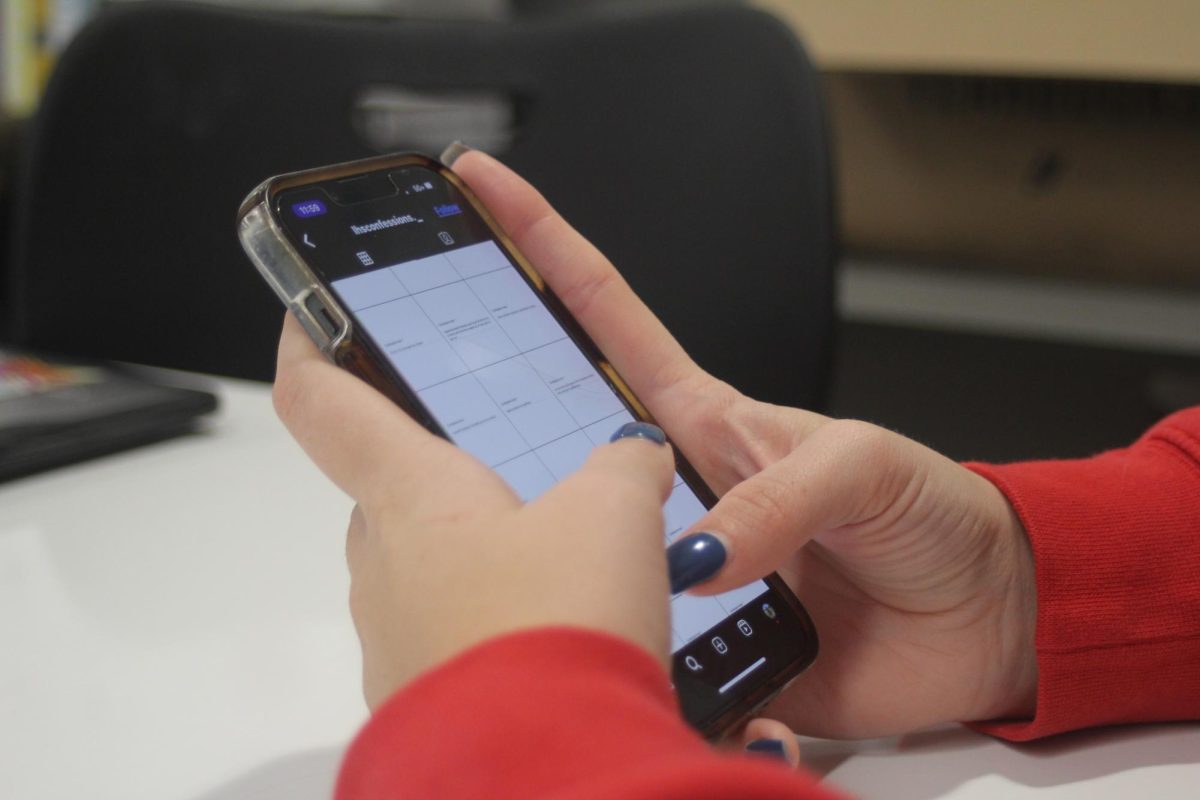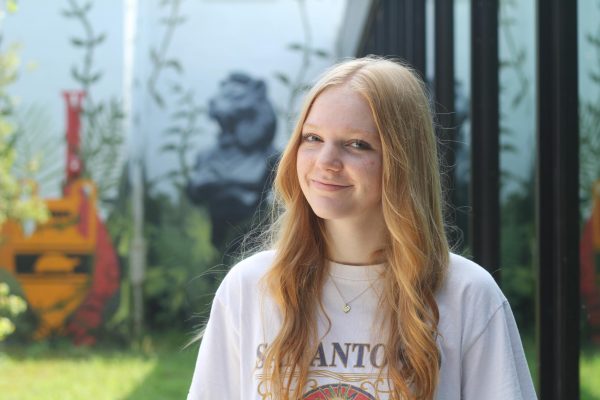Instagram is a teenager’s playground to post photos and engage with their friends, and it is an easy way to keep up with the school community and the rest of the world. But the recent emergence of accounts that post sensitive content anonymously is a concerning development in the dialogue about mental health. Not only does it spark concern for students’ well being, but misinformation and rumors can spread like wildfire.
If you scroll through many LHS students’ feeds, you’ll likely see posts of screenshotted Google Form submissions that are completely anonymous, from accounts with names like ‘LHS Confessions’. Anyone can fill out a simple Google form and have their response posted to the account’s feed, with no proof of who wrote it.
These “confessions” range anywhere from complaints about teachers, secrets spilled about a fellow student, or even complaints about one’s personal life. On top of that, there is no way to prove that the responses are from only LHS students — the account’s target audience.
Anonymity and bullying online are not new concepts, especially for Generation Z. As of 2022, 45% of Gen Z has experienced some form of cyberbullying in their lifetime, according to Digital Information World. With this added layer of publicly platforming anybody’s speech on Instagram, it is as easy as ever to target anyone publicly under the guise of a seemingly “official” account.
While the original intent for creating the accounts was likely meant to be lighthearted, the ramifications go much further than a like on Instagram.
One student was heavily targeted by this account, completely out of the blue, and still feels the aftermath to this day.
“To just randomly be targeted on such a unique platform definitely did hurt my feelings,” the student said. “Some of it was people being mean, but some of it was people saying things about me that weren’t true. It was really personal.”
When they saw the first post made about them, they initially laughed. What was a seemingly harmless joke quickly spiraled into a nightmare for the student.
“It basically turned into what I would call an outlet for anonymous hate speech,” they said. “And just a place that makes it so easy for somebody to say something that they would never say to someone’s face.”
While the words were easy to roll off the student’s back, it was the public exposure that felt the scariest.
“Even if the words didn’t affect me, it put me in a more public eye, you know? And just my name being all over things, and people getting the wrong idea about me, it just gave me a lot of anxiety.”
Although many posts stick out, one in particular differs from the rest. The posted screenshot of the response details someone’s time in high school being extremely isolating, and elaborates how they are turning to substance use to get through each day. It ends with “I seriously doubt that I’m going to make it to graduation.”
If a student sent this in, and clearly needs help, how will mental health professionals know who to help? How can we ensure this person is okay?
“Part of the reason that it’s a big issue is because there’s no way to resolve it,” counselor and mental health team member Amy Brown said. “They don’t have any way of directly saying stop it. It’s all invisible. You don’t know who the enemy is. They light a fire and watch it burn.”
Administrator Mark Preut questions the motivation behind this type of account.
“The capacity for people to be incredibly caring, compassionate, supportive, never ceases to amaze me. But the flip side of that is, the capacity for people to be hurtful, cruel, and attack people, also never ceases to amaze me,” Preut said. “I don’t understand the concept of creating this anonymous account so you can trash somebody.”
This type of online issue is what the new AI software that the district recently purchased is supposed to combat. However, because Instagram in particular is not part of the Google Suite, these types of posts hypothetically would not flag the software. Additionally, the Google Form was not made on a school account. This means that faculty cannot be made aware of concerning content posted about students, and potentially by students.
“It’s really difficult to be able to get in and hold people accountable,” Pruet said. “That becomes unmanageable.”
The accounts on their own spark concern, but when you start to think about the students who are too scared to ask for help, it’s very easy to question the motivation behind the accounts.
“People shouldn’t have to be miserable and not have any support. Those targeted are already vulnerable,” Brown said. “I think the anonymity too, it makes it even more concerning. Like, what do people even gain from this? It’s just another form of bullying.”
Preut emphasized that although building administration is limited in stopping the accounts completely, there are always mental health resources available in the building for those who are vulnerable.
“We ask how we can help, especially because it’s such a tough situation,” Preut said. “We can just try to offer support where support is needed and help kids through tough times.”
The student interviewed was given anonymity in order to protect their identity from accounts.




